Alohomora 🪄 Unlocking New Possibilities: My First Blog Experience
 Yashraj Garnayak
Yashraj Garnayak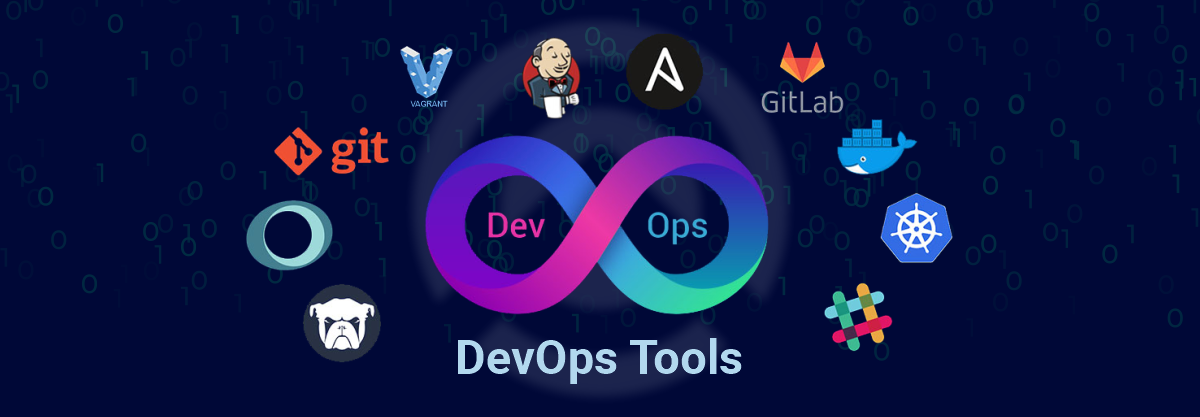
Hey everyone! 👋 This is my first blog post, and I’m thrilled to take you with my DevOps journey. So, Buckle up as we start with the most important of all Questions —who I am?,then the basics: what DevOps is, why it’s crucial in today’s tech world, and the tools I’m diving into along the way. I hope my experiences can help guide you on your own path, too!
1. Who Am I?
I'm Yashraj, a tech enthusiast embarking on an exciting journey into the world of DevOps. My adventure began with a deep curiosity for all things tech, and I’ve been particularly drawn to DevOps because it focuses on enhancing system efficiency and effectiveness. I'm on a mission to become a streamlined DevOps engineer, and I'm documenting every step here to track my growth and hopefully inspire a few readers along the way.
2. What is DevOps? And Why Is It Used?
DevOps might sound complicated, but let’s simplify it. DevOps combines two things: development (writing code and building applications) and operations (running and managing those applications smoothly). Think of it as the teamwork that happens behind the scenes to make an app or website run smoothly.
Here’s an example: Imagine a restaurant. The chefs (developers) are busy creating amazing dishes, and the waitstaff and managers (operations) make sure those dishes get to the customers quickly and in good condition. Now, what if the chefs and waitstaff don’t communicate? Orders might get delayed, food could be prepared incorrectly, or customers might wait too long. DevOps is like bringing the chefs and waitstaff together to work as a team so that food gets from the kitchen to the customers perfectly every time.
In the traditional setup, development and operations teams often worked in silos, which led to delays and communication issues. DevOps changes this by fostering a culture of collaboration and automation, enabling teams to work together and deploy code faster and more reliably. It's used across industries now because it helps teams be more agile, adapt to changes quickly, and keep systems running smoothly.
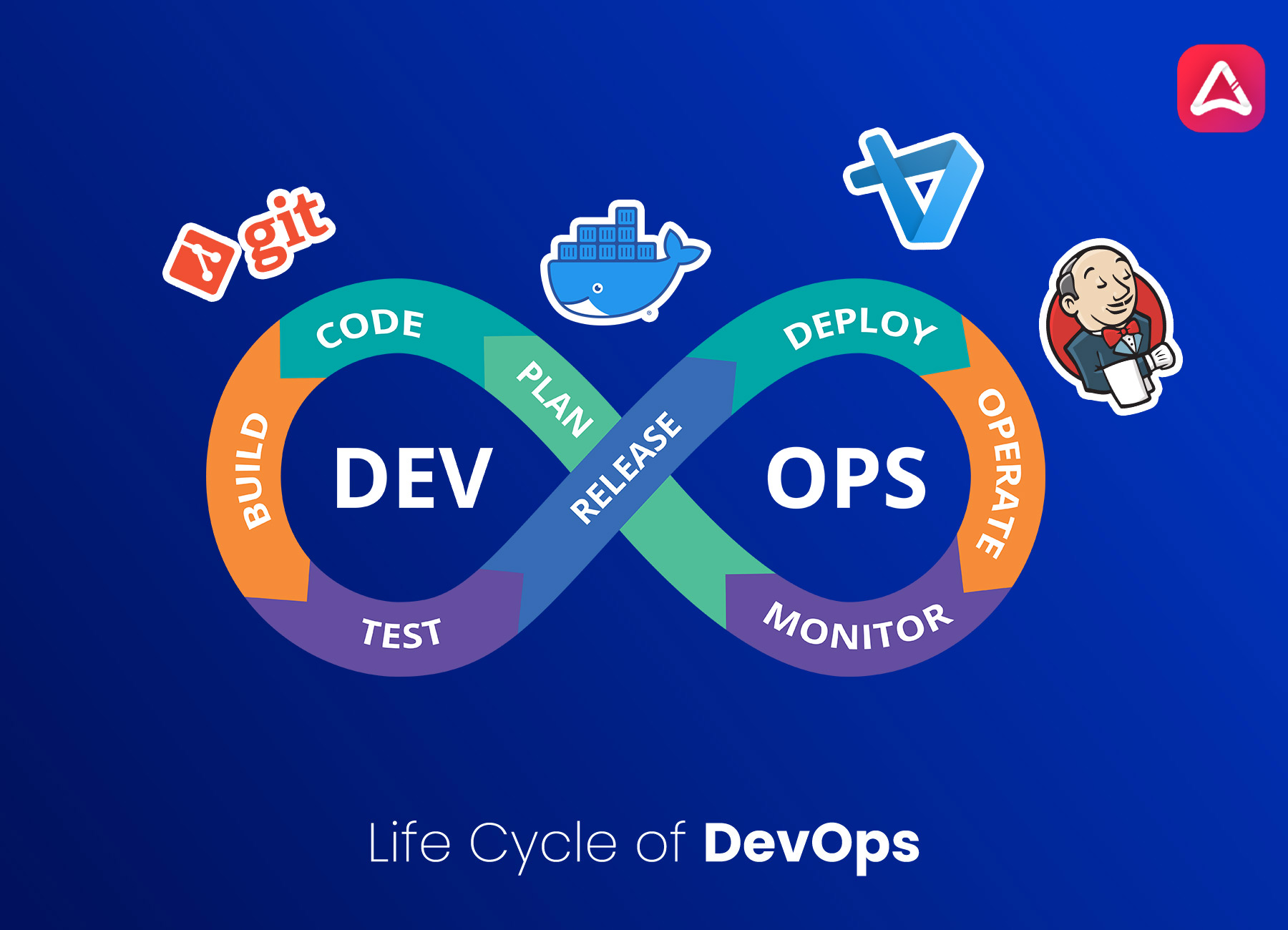
3. Why DevOps is Important? 🚀
Speed and Efficiency: DevOps makes it possible to release updates faster, which is critical in today’s fast-paced tech world. It shortens the development cycle and reduces time to market.
Reliability and Stability: With better collaboration and automation, DevOps reduces the risk of errors in production. Continuous monitoring and testing ensure that bugs are caught early, leading to a more stable product.
Better Collaboration: DevOps promotes a culture of shared ownership and accountability. When teams work closely, they can solve problems faster and build better products.
4. Tools I’ll Be Learning in My DevOps Journey 🛠️
The DevOps toolkit is vast, and it’s constantly evolving. Here’s a glimpse of some of the tools I’m learning (and why they’re worth the effort):
Git & GitHub: For version control and collaboration. GitHub makes it easy to manage code, track changes, and collaborate with others, which is essential for a DevOps workflow.
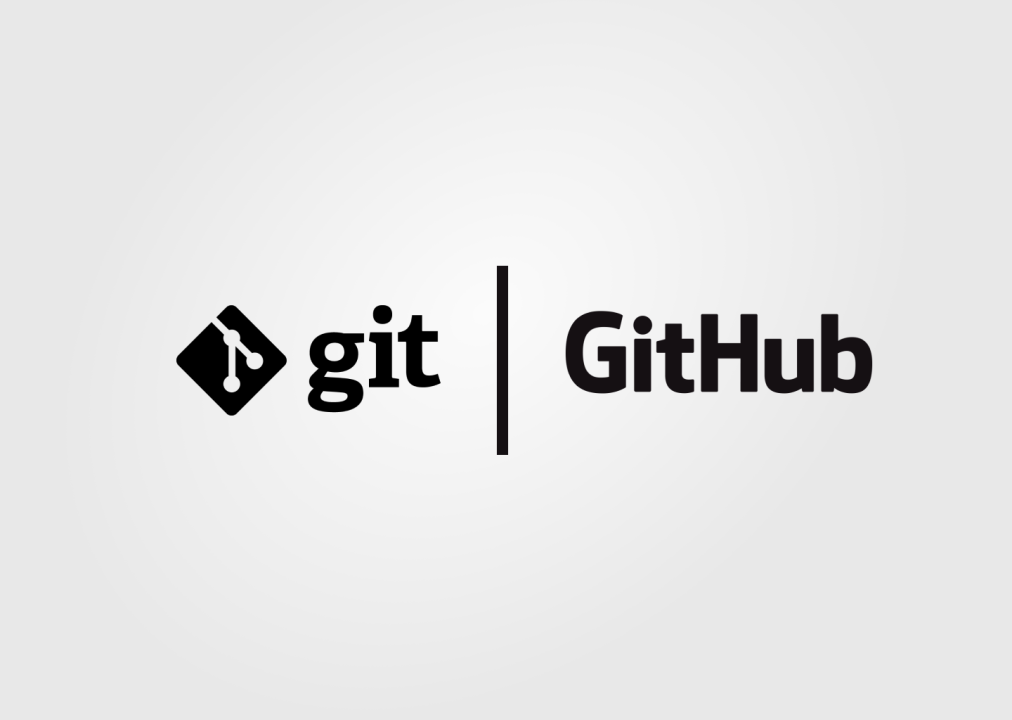
Docker: Docker is all about creating lightweight, portable containers for applications. By using Docker, I can ensure that applications run the same way, regardless of where they’re deployed—whether it’s on my local machine, a colleague’s computer, or in the cloud.
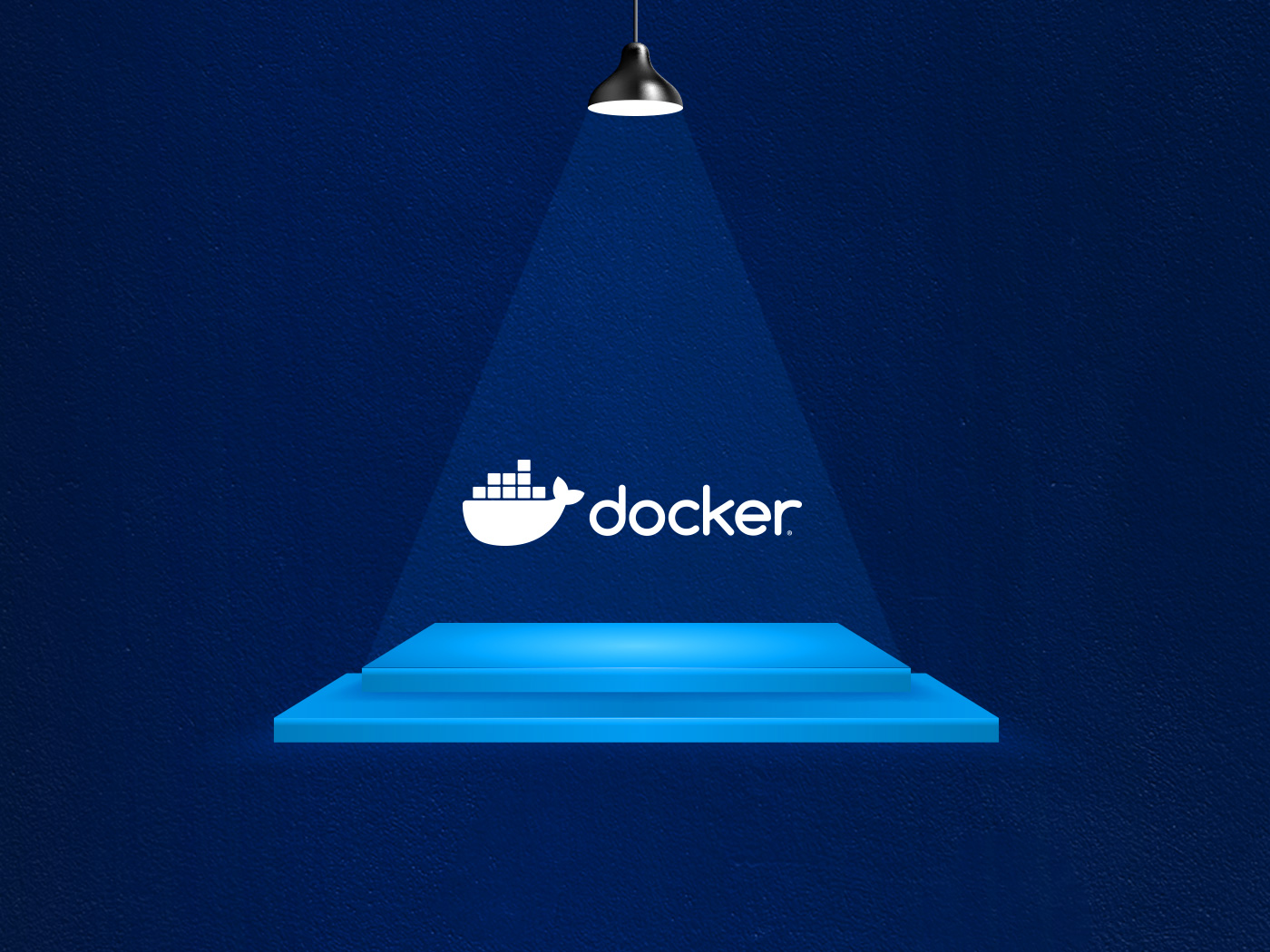
Kubernetes: Often called "K8s," Kubernetes is a powerful tool for managing containerized applications at scale. Once I have multiple Docker containers running, Kubernetes helps me orchestrate them, manage deployments, and ensure high availability.
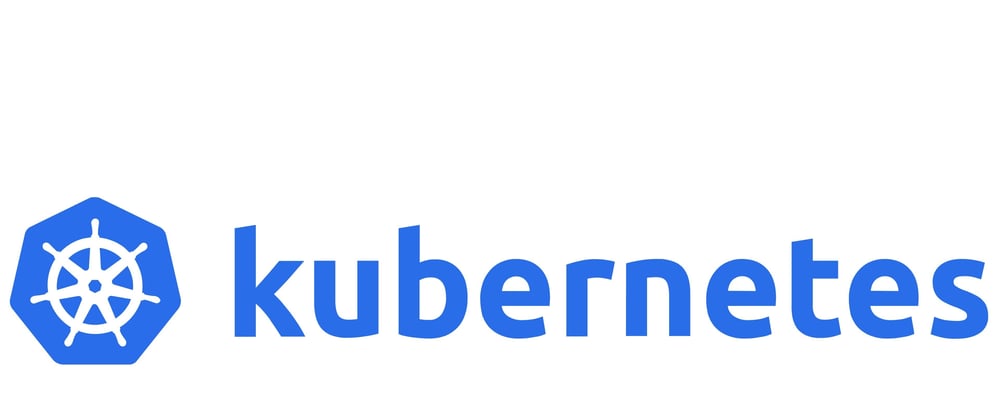
Jenkins: This is a Continuous Integration/Continuous Deployment (CI/CD) tool. Jenkins automates the build, test, and deployment processes, helping me set up a reliable CI/CD pipeline so code can be delivered faster and with fewer errors.
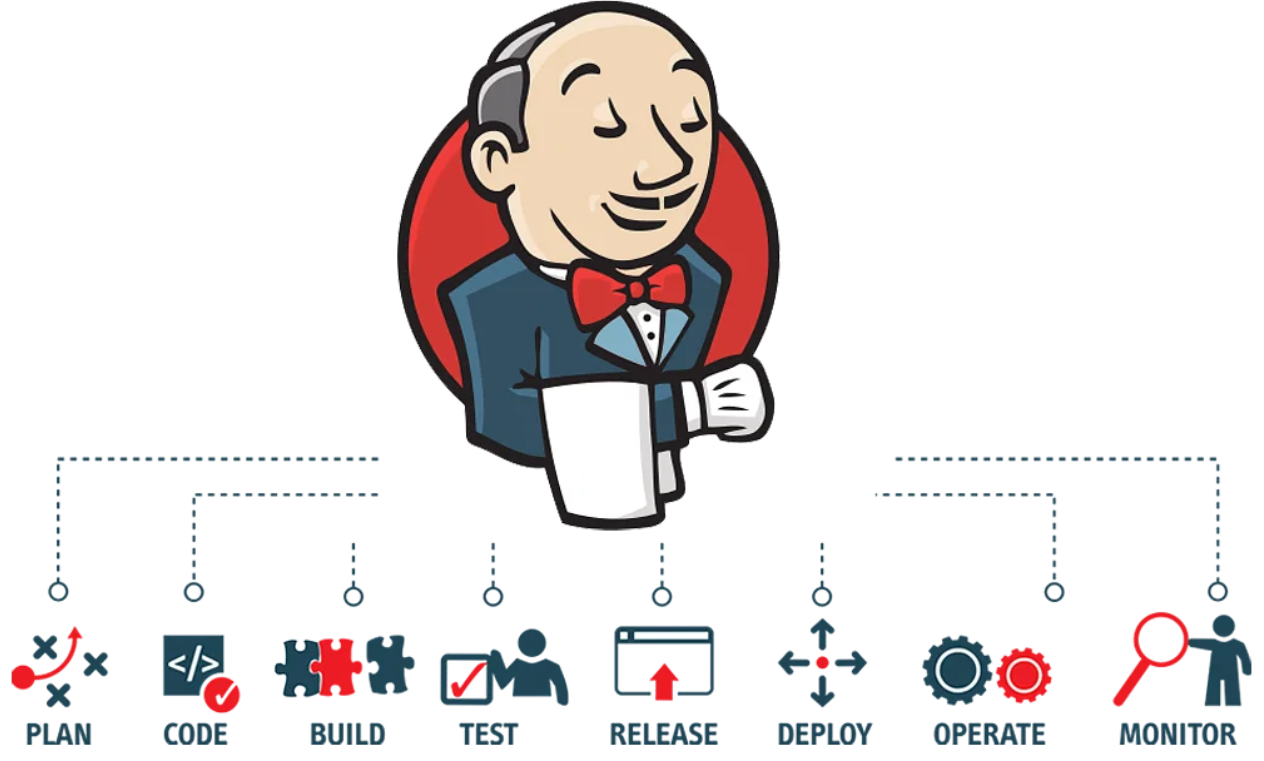
Terraform: For infrastructure as code (IaC). With Terraform, I can define and provision infrastructure using code, making it easier to manage, version, and deploy infrastructure across environments.
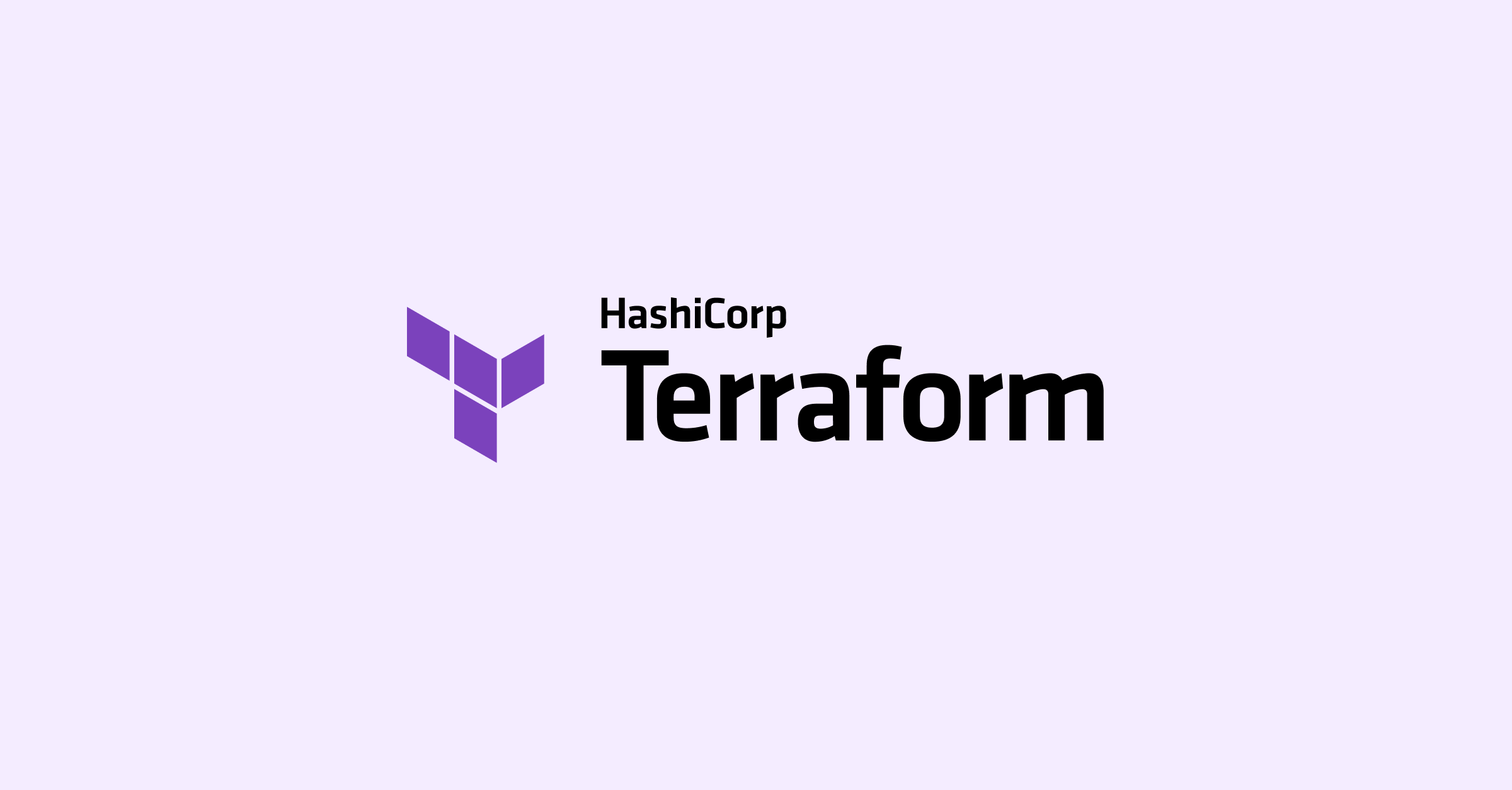
Monitoring Tools (e.g., Prometheus, Grafana): Monitoring is crucial in DevOps. Prometheus collects metrics, and Grafana visualizes them, making it easy to see how systems are performing in real time and quickly detect and resolve issues.
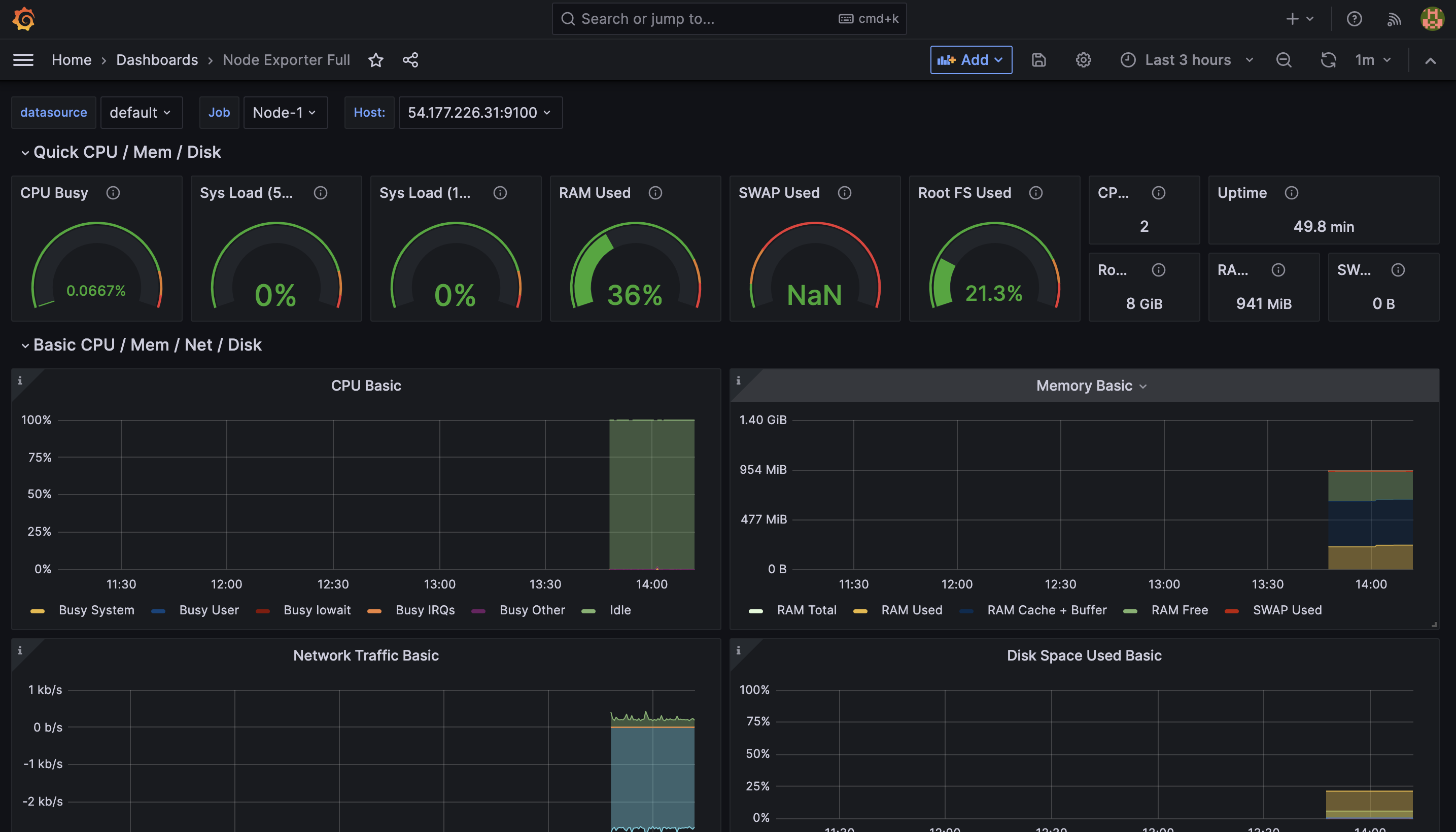
Wrapping Up
DevOps is a vast field, and I’m just at the beginning of the journey. It’s challenging, but every new tool, concept, and breakthrough makes it rewarding. I’m excited to continue learning, growing, and sharing with all of you.
Subscribe to my newsletter
Read articles from Yashraj Garnayak directly inside your inbox. Subscribe to the newsletter, and don't miss out.
Written by
